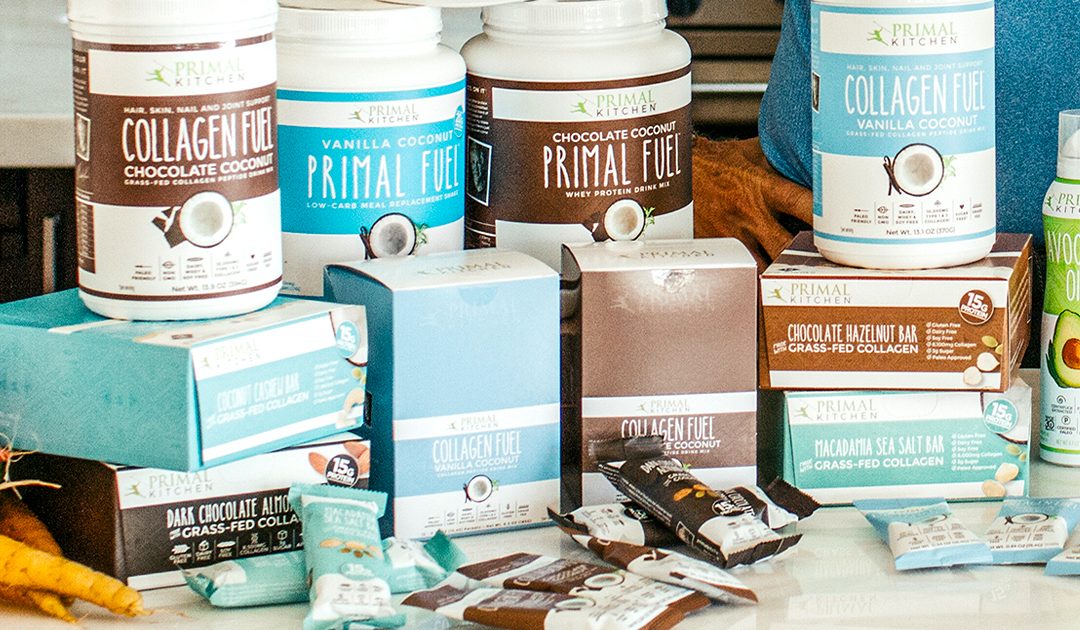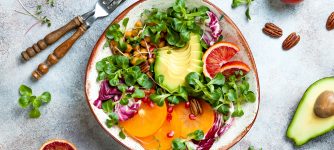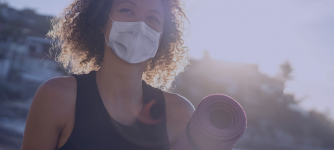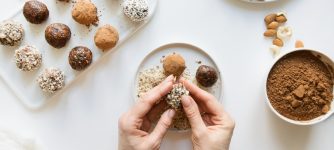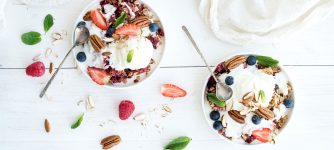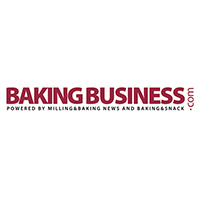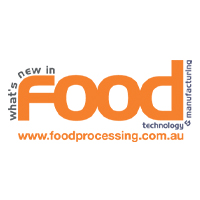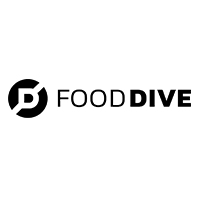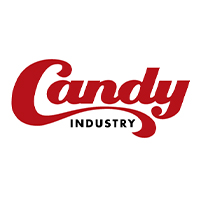Consumers have always been enticed to invest in products advertised to make them look and feel better, resulting in a healthier life. In yesterday’s landscape of beauty and food products, these were separate industries, each with its own set of dominant companies taking up the bulk of the market share.
In the beginning of the collagen trend, consumers typically added this powdery substance to coffee, water, smoothie or juice. Its tasteless flavor made it an easy supplement to add to almost anything. But with the rise in collagen use for skin, nail, and hair beautification, food companies have taken advantage of this trend. Collagen is no longer promoted as just a source of natural protein. In 2019 and beyond we will likely see a wide variety of food products that tap into the collagen beauty trend.

Kalumi, a food company founded in New York City, is the perfect example of this merging of health and beauty trends. They developed marine based collagen protein bars that come in three flavors: Lemon Love, Cocoa Kiss, and Sweetie Pie. Marine collagen is the type of protein taken from fish, which is the type that has been shown to promote hair, skin and nail health.
Conscious that many of their consumers are allergen focused, Kalumi bars are gluten free, dairy free, soy free, and non-GMO. The packaging is also simple and clean, allowing information-obsessed shoppers to easily analyze their product qualities.
Food companies, such as Primal Kitchen, which serves a Paleo audience, have diversified and expanded their condiment product line with collagen fueled protein bars. This move makes perfect sense when you consider the Paleo lifestyle, which encourages spending time outdoors. Healthy, snack-able sources or protein are always a good option for travel and activities, whether you are hiking, camping, or in a hurry to get to yoga.
Bulletproof, which specializes in coffee products, MCT oils, and unique supplements, also has their own line of keto friendly collagen bars. They even took this trend one step further by creating collagen infused coffee drinks. These drinks include 15g of collagen and their signature Brain Octane Oil, which is formulated to boost brain health and function.
On the flip side of the collagen beauty trend, companies that make non-digestible products haven’t let that stop them from taking part. For example, collagen is being promoted in lotion products, even by large brands, such as St. Ives, which already has a large footprint in the market. This is the exact same pattern we see in the CBD trend, with ingestible, soluble, and lotion style products sharing shelf space and competing for consumer interest.

Since collagen comes from animals, you would think there would be clear separation between the collagen and the plant based trends. However, the release of Beauty Shroom Vegan Collagen Protection proves that we may be in the most creative era yet as far as product formulation. Promoted as a protector of your body’s natural collagen production, vegans can use this blend of “skin-protecting superfoods” to maintain hydrated, healthy looking skin, without harming animals.
The more we look at the merging of food and beauty trends and products, it becomes more obvious how connected consumers are in their focus towards better health, longer lives, while striving to look as young as possible for as long as possible. And at the same time, consumers have never had such access to products that fit their own unique dietary needs and preferences. We can only imagine what other new beauty promoting food products are on the horizon. Surely, 2019 will continue to be an innovative year for companies competing for space in the top food trends among consumers.
All Innova Market Insights material is copyrighted. The terms of use for this resource are contained in our standard Terms and Conditions.
